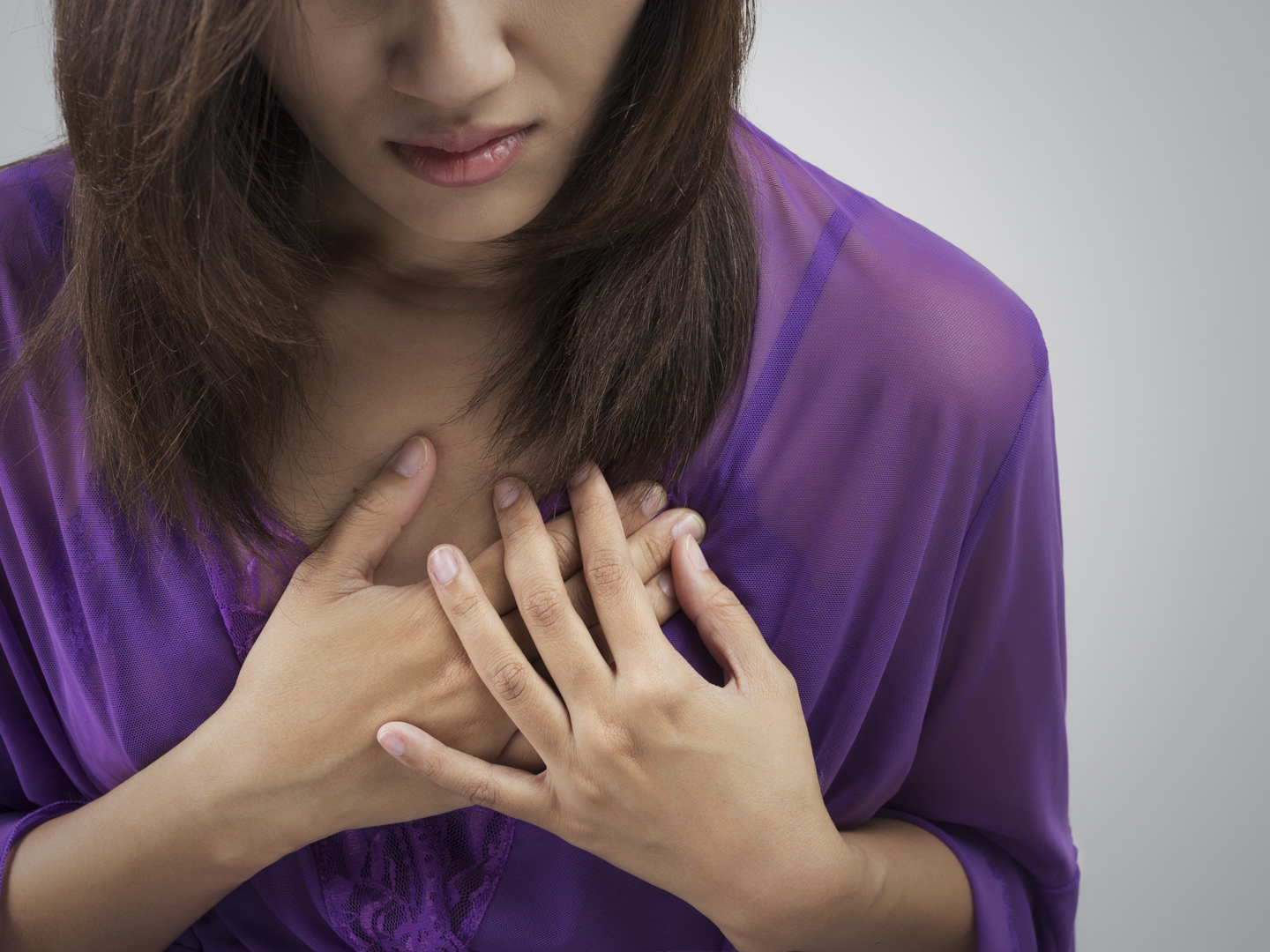Do Heart Attacks Feel Different To Women?
I’m told that women have different symptoms of a heart attack than men. If this is true, could you describe the symptoms in women? I’m also curious about why there’s a difference.
Andrew Weil, M.D. | February 22, 2013

I’m glad you asked this question. There’s still a lot of misunderstanding among women about their risks of heart disease and heart attack. Women often don’t realize that heart disease is as much of a threat to them as it is to men. Although the risk for men is higher at a younger age than it is for women, as women reach menopause, they start to catch up; and by the age of 65, their rate of heart disease equals that of men. In the United States, heart disease remains the leading cause of death in women, claiming nearly 500,000 lives per year (compared to about 40,000 for breast cancer, a disease women tend to fear more).
It is true that women often experience different heart attack symptoms than men do. I discussed your question with Steven Devries, M.D., executive director of the Gaples Institute for Integrative Cardiology, a nonprofit dedicated to education and advocacy for integrative approaches to prevention of heart disease. (I’m a member of the Gaples Institute Advisory Board.) Dr. Devries is also an associate professor of medicine-cardiology at Northwestern University Feinberg School of Medicine.
Perhaps the biggest difference in heart attack symptoms between men and women is the fact that women are less likely than men to experience crushing chest pain. Dr. Devries notes that chest pain occurs in only slightly more than half of women during a heart attack. He also explains that in women, the location of pain during a heart attack varies and can include the upper back, neck and jaw. The reason for gender differences in heart attack symptoms is not entirely understood, but Dr. Devries says that it is likely to be related to differences in the way plaque accumulates in the arteries. He pointed out that women have smaller coronary arteries than men.
You may have read about comedienne Rosie O’Donnell’s heart attack in 2012. She first thought that her symptoms were muscular in nature, the result of overexertion. She wrote on her blog later that day that her body hurt, she had an ache in her chest, both of her arms were sore, and “everything felt bruised.” Eventually she began to feel even worse – she was nauseated, her skin felt clammy, and she felt very hot. When she saw a cardiologist the next day, she learned that one of her coronary arteries was 99 percent blocked. She had a successful angioplasty, a procedure to open the artery and keep it open with the aid of a wire-mesh stent.
It is very important for women to recognize that regardless of age, a heart attack is possible and that the symptoms may differ from the ones men typically experience. When in doubt, call 911.
Andrew Weil, M.D.









